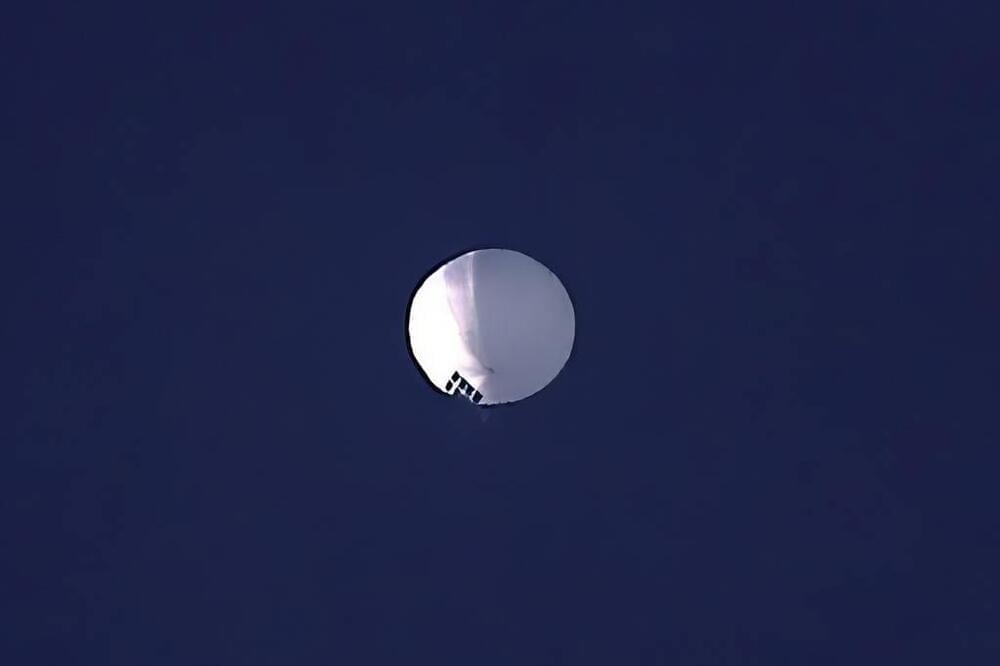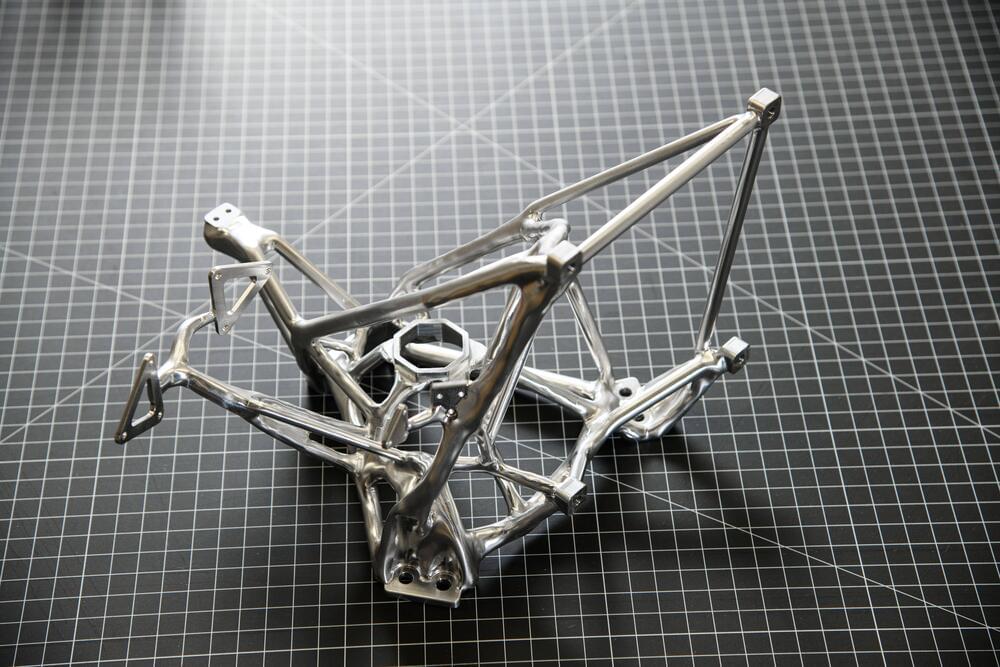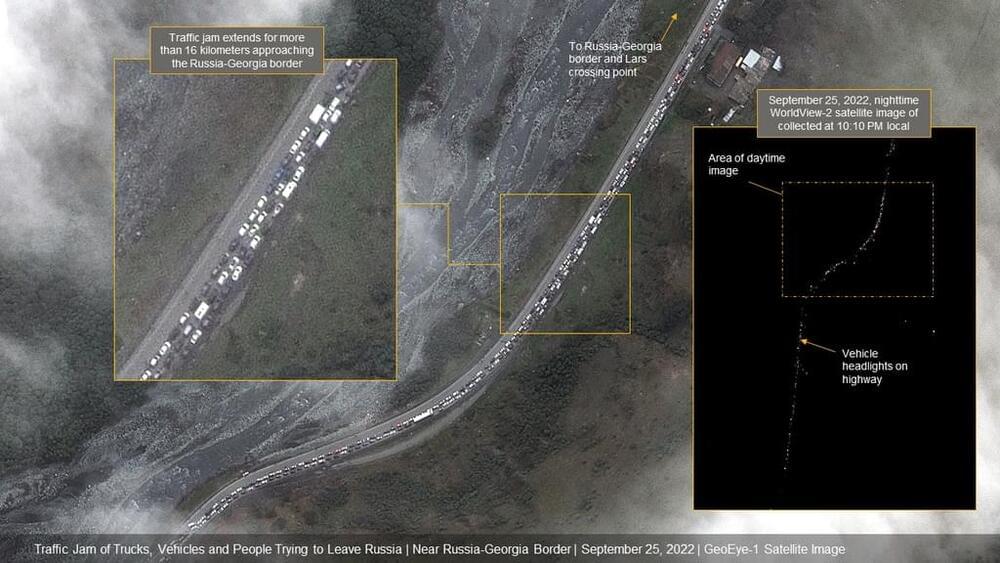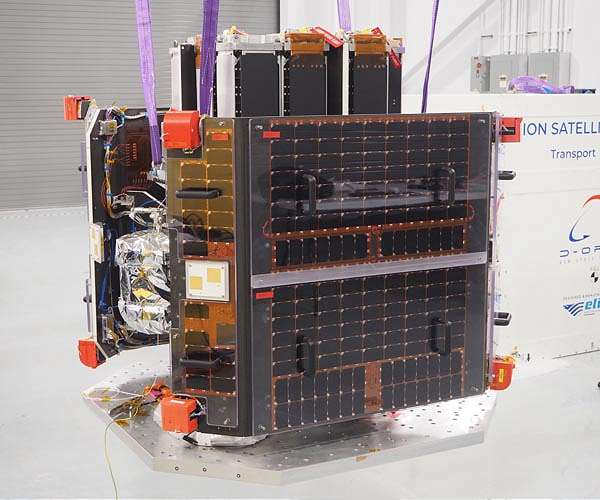Feb 15, 2023
Why stratospheric balloons are used in era of space-based intelligence
Posted by Raphael Ramos in categories: drones, military, satellites, surveillance
WASHINGTON — When the Pentagon revealed last week that a high-flying, Chinese balloon was spotted over the United States, officials said they didn’t expect the airship would add much value to the intelligence China is already gathering through its network of spy satellites.
“Our best assessment at the moment is that whatever the surveillance payload is on this balloon, it does not create significant value added over and above what the [People’s Republic of China] is likely able to collect through things like satellites in low Earth orbit,” a senior defense official told reporters Feb. 2.
While it’s unclear what information the uncrewed airship gathered before the Pentagon shot it down Feb. 4, experts say balloons loitering at high altitudes can offer some advantages over satellites and drones — or could at least augment their intelligence, surveillance and reconnaissance capabilities.
















